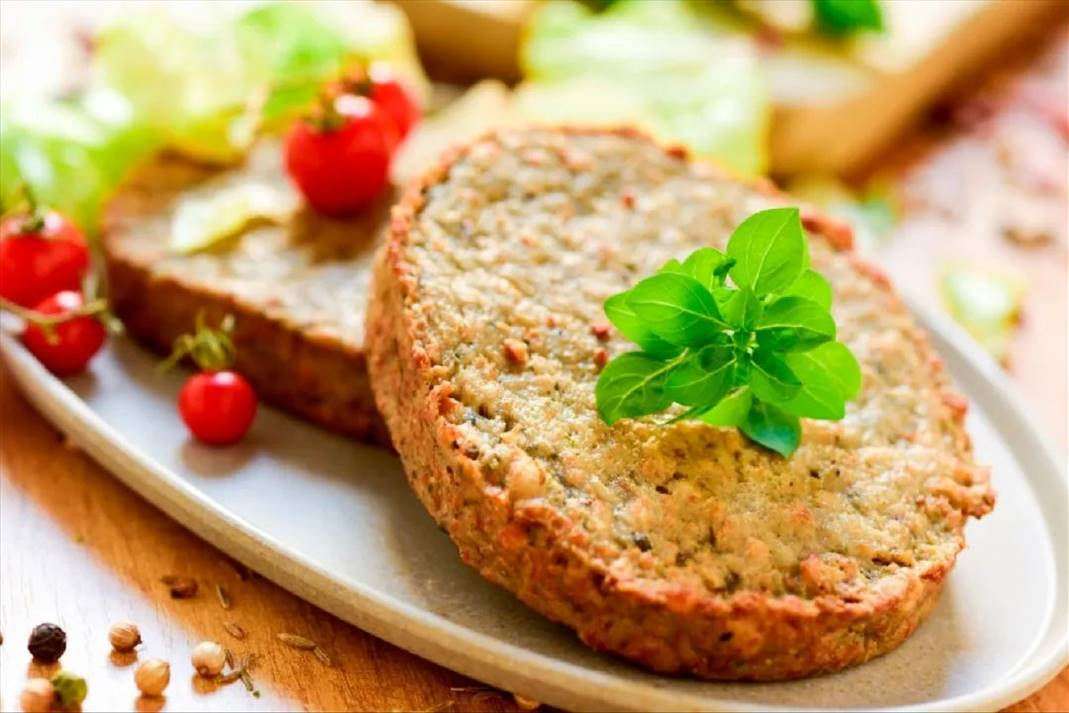3
Are there food safety concerns with carrageenan?
Carrageenan is a safe food additive that has been confirmed by rigorous scientific research for a long time.
Carrageenan is currently certified by food regulatory agencies including China, the United States, Europe, Japan and Brazil, and the World Health Organization (WHO), the Food and Agriculture Organization, and the WHO Joint Expert Committee on Food Additives all consider carrageenan to be safe. Of course, there are still some studies questioning the safety of carrageenan, mainly focusing on whether excessive consumption affects gut health, but these views are currently controversial.
In food production, few manufacturers add carrageenan in large quantities. The thickening effect of carrageenan can only reach the best within a certain range, and adding too much or too little will not work. Researchers William R. Blakemore and Alan R. Harpell believe that the use of carrageenan in ice cream between 0.015% and 0.025% works best.
All in all, there are no studies that can shake the conclusion that carrageenan is safe and reliable. In fact, carrageenan is a soluble dietary fiber that can completely pass through the human digestive system, that is to say, in theory, carrageenan will not be absorbed by the human body.
04
In which food fields is carrageenan used?
Carrageenan played a big role in the development of plant-based meat—in most cases, carrageenan is an alternative to animal-based gelatin made from animal bones and fur. There is no thickening agent in making vegetable meat, so how can we make the processed vegetable protein into a firm piece of “meat”? Plant-based colloids represented by carrageenan can not only achieve the function of gelatin, but also ensure that the product is completely free of animal ingredients, thus making it possible to develop plant-based products.

In other food industries, carrageenan excels in the following areas:
Dairy: Mainly used to thicken and improve food taste
Ice cream: It can prevent the separation of whey and prevent the formation of water crystals, thereby improving the taste
Candy: Hydrocolloid made from carrageenan, one of the main optional raw materials for making fruit gummies
Sauce: acts as a thickener to increase consistency
Meat products: replace fat to increase the water holding capacity of the product
Beer: Used as a clarifying agent for flocculation
Soy milk and vegetable milk: thickeners
Sparkling Water: Enhances Taste, Preserves Fragrance
In the global food gum market, carrageenan holds the fourth largest market share after starch, gelatin and pectin.
Looking into the future, there are still many possibilities for carrageenan. As a natural food additive that can reduce the addition of food salt and fat, improve the shelf life of food, and at the same time be environmentally friendly, carrageenan still has great potential in the research and development of healthy food in the future.
Post time: Aug-04-2022